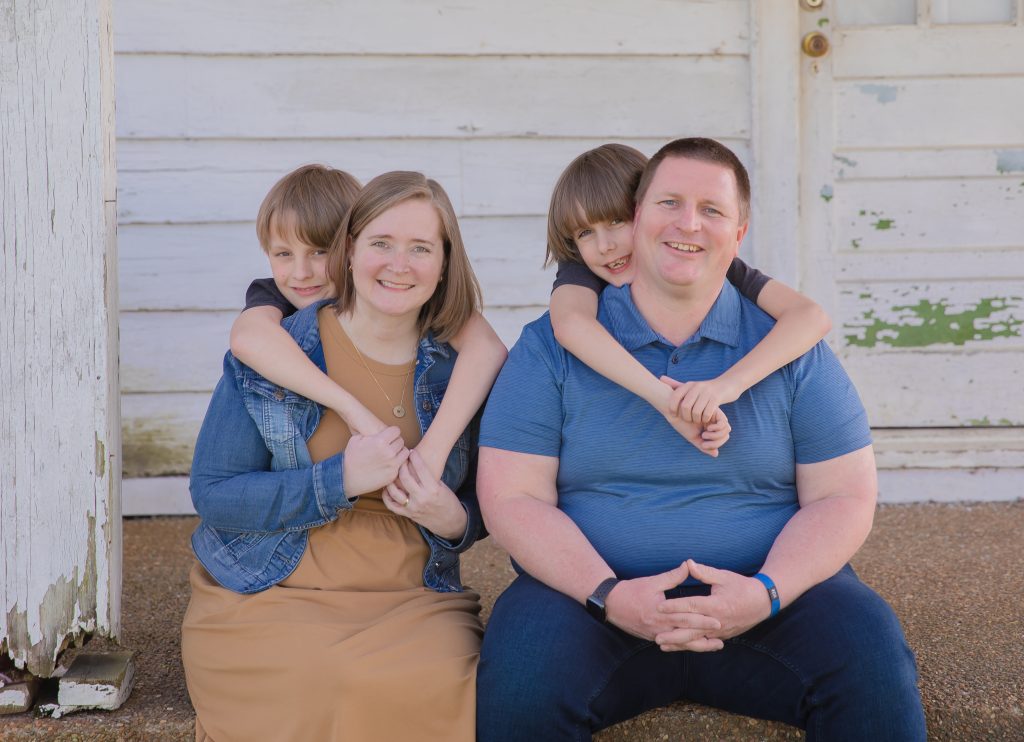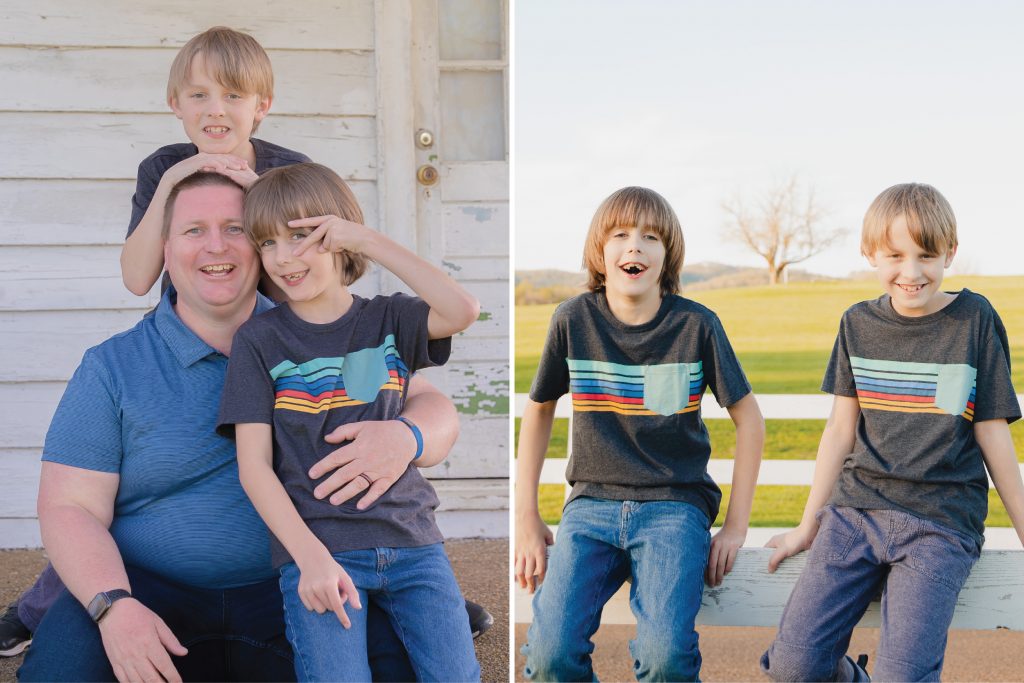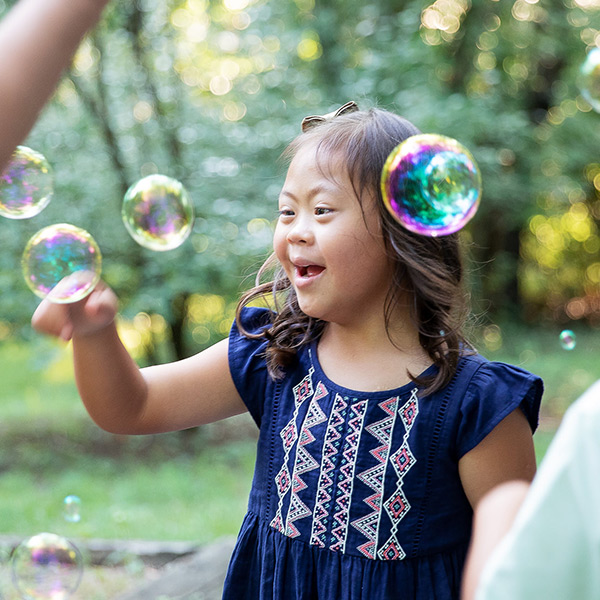Journeying Together

Rees Greenman, the program director of Tennessee Baptist Children’s Home’s (TBCH) Brentwood Residential Campus, has seen the vital, practical impact of Trust-Based Relational Intervention (TBRI) firsthand. He’s stood in rooms with children who have experienced relational trauma, who are struggling to regulate their emotions and reconcile their experiences, and he’s employed TBRI tactics to de-escalate those difficult situations.
Developed by Drs. Karyn Purvis and David Cross from the Karyn Purvis Institute of Child Development (KPICD) at TCU, TBRI is a care model designed to help meet relational and developmental needs of children and youth impacted by trauma. TBRI considers the whole child—his or her brain, biology, behavior, body, and beliefs—and provides parents and caregivers with practical tools and insight to help their child(ren) reach his or her high potential. And, perhaps most integral, at TBRI’s core is connection—the truth that connection builds trust, and trust builds healthy relationships.
“The impact of TBRI on me both personally and professionally has been nothing short of life-altering,” Rees shared. “Helping to support, train, and encourage parents caring for children [impacted by adoption and foster care] is the cornerstone of my vocational and personal life.”
Rees earned a master degree in social work from the University of Tennessee in 2013 but was first introduced to TBRI at Show Hope’s Hope for the Journey Conference (formerly the Empowered to Connect Conference). He later attended training at the KPICD to become a TBRI Practitioner, with the support of a Show Hope TBRI Practitioner Training scholarship.
“As the program director at TBCH, I have the opportunity to train and bring in training for our staff,” Rees explained. “Trauma-informed care is one of the building blocks of our training. In fact, our annual training requirements for TBCH residential care requires six hours of ‘TBRI or other trauma-informed care training’ per year. No other trauma-informed care modality is listed. TBRI is the gold standard at TBCH.
“This year, I have led one and a half hours of training on the TBRI pocket guide and provided a copy of the pocket guide to all the staff,” Rees continued. “We are also hosting Show Hope’s Hope for the Journey Conference for our staff this year, so we will far exceed the six-hour minimum trauma-informed care training for our residential care staff in Brentwood.”
As an adoptive father himself, Rees also understands the impact of TBRI on a deeply personal level.

“At its most basic level, TBRI helps adoptive parents communicate about how to parent, why we parent the way we do, and get on a similar, if not the same, page,” Rees shared. “At its best, [TBRI] helps us see and respond to our children in a life-impacting way. It provides us the opportunity to help our children feel seen, heard, experienced, and loved.”
In 2011, with the help of a Show Hope Adoption Aid grant, Rees and his wife, Amy, welcomed home their son, Clay, through domestic adoption. “[Initially], we had not [applied for a grant] because we knew this was our path for a long time, and we’d saved to be able to afford our adoption,” Rees said.
But a friend urged them to look at it in a different way.
“He said that we were depriving people of the blessing of being part of our adoption journey with us,” Rees said. “We felt immediately convicted and saw how prideful we were to start this journey alone. Adoption is not a journey meant to be taken alone; it is meant to be done in community.
“Receiving an Adoption Aid grant meant we weren’t alone,” Rees continued. “There was an entire community of people we had yet to meet praying for us, rooting for us, and supporting us.”
At Show Hope, we believe the adoption journey does not end the day a child is welcomed home. In many ways, it is just beginning. Equipping parents, caregivers, churches, and professionals through resources like the Hope for the Journey Conference and TBRI Practitioner Training are parts of how we continue to journey well with families after their children are home—a journey that is meant to be traveled together.
“To the Show Hope donors and supporters of trauma-competent care, I cannot thank you enough for believing in me and my family. I cannot thank you enough for impacting my life and significantly altering the core of who I am,” Rees said. “Because of your support, Show Hope has made trauma-competent care attainable to both parents caring for their children [impacted by adoption and foster care] as well as professionals leading other parents and caregivers. If it wasn’t for Show Hope, our family would be moving in a much different direction.”





